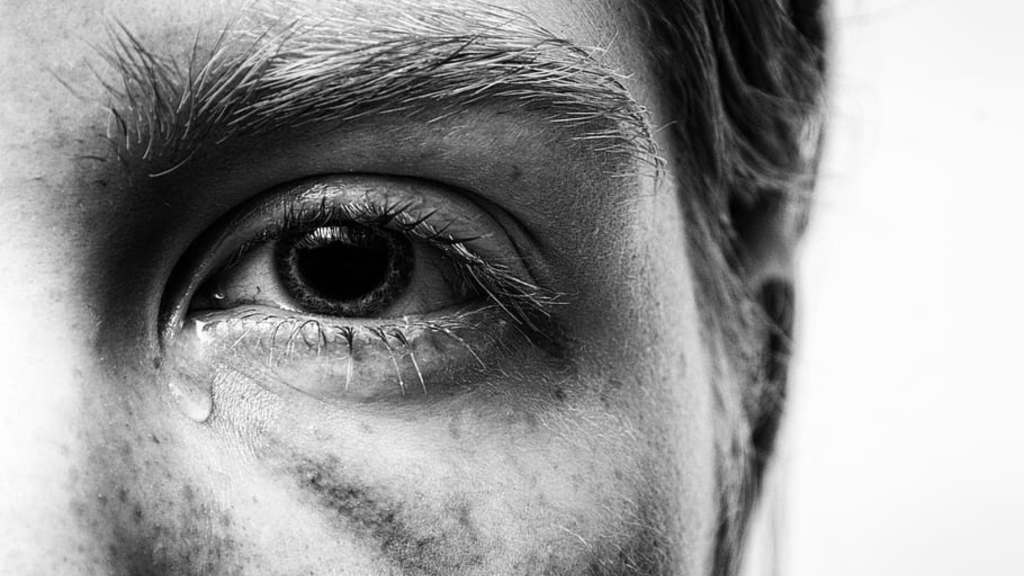
Trauma… You survived! You got through one of the most impactful experiences in your life. But you are changed. Forever. It takes all your energy to push away the intrusive thoughts, but they keep roaring back with a vengeance. The flashbacks take your breath away. You wonder if they will ever go away. The guilt and shame have you questioning your ability, and you constantly tell yourself that it’s your fault. And pushing down the thoughts of your past leaves you feeling suffocated and out of control. You are exhausted and ready to give up!
Life continues to go on…
But every day is the same. You wake up just to survive. You see the world around you, but everything looks so different. People are laughing, being happy, and you desperately want that feeling again. You avoid people and places, “How can I even explain to them what is going on?” But the avoidance has led you to feeling anxious, depressed, and isolated. Alcohol, drugs, and other uncommon behaviors became your path to numb the experience and to escape the pain. You feel ashamed but just want the suffering to end.
Trauma is a person’s emotional response to a distressing experience. It can happen to anyone at any time in life. If you haven’t experienced trauma, you know someone who has. Unlike ordinary hardships, traumatic events tend to be unpredictable and beyond a person’s control. Most important, traumatic events undermine a person’s sense of safety within themselves and the world around them. People also believe that catastrophe could strike at any time and their world might fall apart. This can be such a scary feeling for the individual going through the effects of trauma.
How can trauma affect you?
When faced with a traumatic event, our bodies react by preparing us to respond. You probably have heard of “fight or flight”, but there are many more reactions that aren’t talked about enough.
Fight- fighting, defensiveness
Flight- running away
Freeze- not being able to move or decide
Fawn- trying to win over someone hurting you or people pleasing
Flop- becoming overwhelmed and unresponsive, sometimes fainting, and dissociating (this is a newer reaction that most people don’t know about)
The long-term effects of trauma
Depending on how you’re affected, trauma may cause difficulties in your daily life. It can make it harder to trust people, which can affect relationships and friendships negatively. You may struggle to hold down a job or do your job in an effective way, take pleasure in things you usually enjoy, take care, or look after yourself and have difficulty managing emotions. It can cause people to react in ways that feel irrational or emotional because your mind is reaching to the memory of your trauma, not particularly your current situation.
Trauma can also have a huge impact on the body as well as the mind. Research shows trauma can cause the risk of developing physical health problems, including long-term illnesses.
Lastly, trauma can make you more vulnerable to developing other mental health issues, such as: anxiety and depression. It can also lead to post-traumatic stress disorder (PTSD). It is also known that people misuse alcohol and drugs or self-harm to cope with their difficult emotions and memories.
Getting Support
It’s never too late to get help with the effects of trauma, no matter when it occurred. There are different types of treatment available for trauma, particularly at Manna. We offer a Trauma IOP and other OP services for you. Manna is here to support you as you navigate this healing journey you are on.
-Courtney Chaney, LPC, Director of Trauma Recovery IOP

